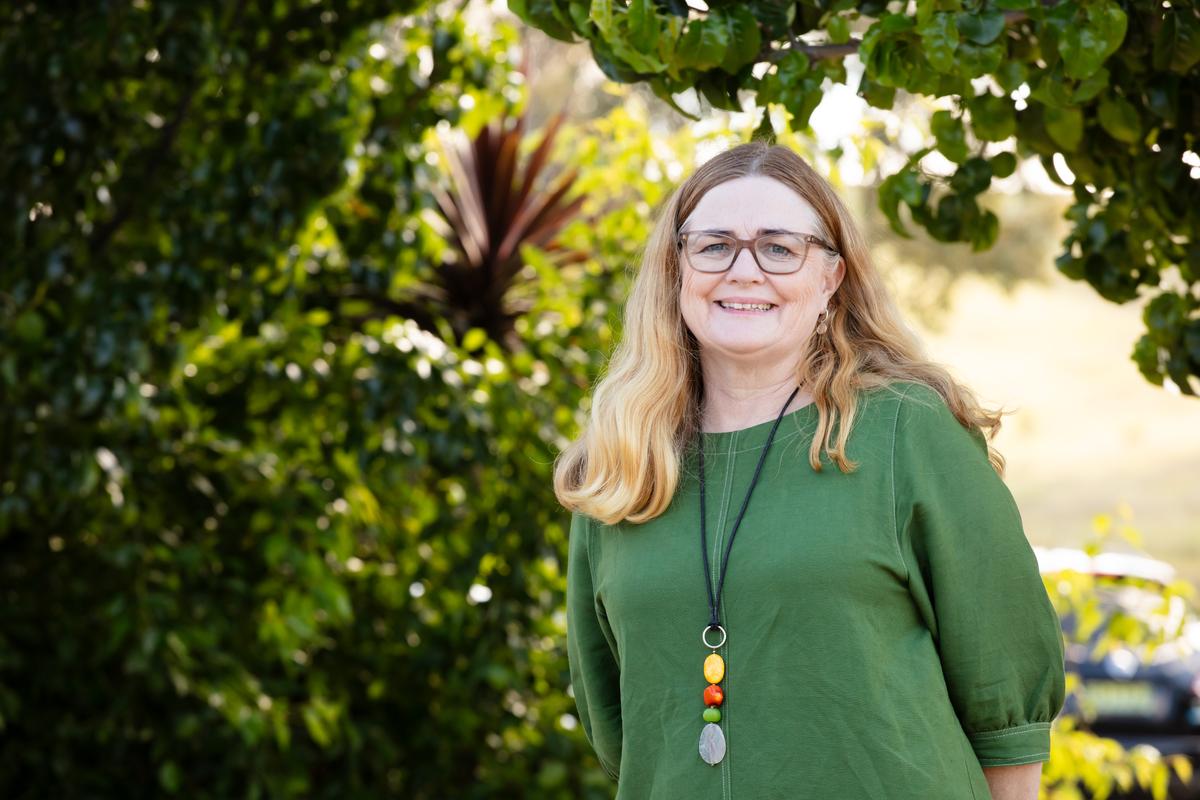Student Wellbeing

TOP ATTENDANCE TIPS FOR PARENTS
- Schools want to work in partnership with parents – act early if you have any concerns by contacting the College and asking for advice and support. Seek help from your school if you are concerned about your child’s attendance and wellbeing. Schools want to work in partnership with parents to support student attendance and wellbeing. Your child’s Leader of Student Care (LOSC) is your first step. Contact : 67610800 or mccadmin@arm.catholic.edu.au to arrange a meeting or phone call back.
- Remember that every school day counts
- There is no safe number of days for missing school – each day a student misses puts them behind, and can affect their educational outcomes and their social connectedness
- Talk positively about school and the importance of attending every day
- Open and prompt communication with your child’s school about all absences is a good idea: mccadmin@arm.catholic.edu.au, or respond to Compass notifications ASAP
- Avoid making routine medical and dental appointments during the school day or planning family holidays during the term
We appreciate your support in ensuring that your child/ren are at school on time each day, ready to learn.
Social Media Age Restrictions
The new Australian law that sets a minimum age of 16 for social media accounts is expected to come into effect on December 10, 2025.
The eSafety Commissioner has resources on the social media delay and this link has information on common questions parents and young people have:
https://www.esafety.gov.au/about-us/industry-regulation/social-media-age-restrictions
The eSafety Commissioner's advice to parents regarding the new social media age restrictions is not about a simple "ban" but rather a strategic approach to fostering a safer digital environment. The Commissioner's guidance focuses on four key areas:
- Framing the "Ban" as a "Delay": The eSafety Commissioner's messaging emphasizes that this isn't a permanent ban but a delay to account access until the age of 16. This "breathing space" is intended to give young people more time to develop the maturity, resilience, and digital literacy skills needed to navigate the complexities and potential harms of social media.
- Open and Honest Communication with Children: The eSafety Commissioner strongly advises parents to have proactive and open conversations with their children about the new laws. This includes:
- Discussing their feelings: Acknowledging that young people may feel upset, angry, or worried about being excluded from social media.
- Understanding their perspective: Asking them what they like about social media, what they'll miss, and what they think about the new laws.
- Validating their concerns: Taking their feelings seriously, rather than dismissing them with phrases like "this is for your own good."
- Avoiding a rigid or authoritarian stance: The Commissioner advises against simply telling children what to do, which can shut down communication and lead them to hide their online activities.
- Encouraging Safer Online Habits: Even with the new age restrictions, the eSafety Commissioner recognizes that children will still be online, and their advice focuses on promoting broader digital safety. This includes:
- Using parental controls: The eSafety Guide provides information on how to use parental controls on devices and services to filter content, manage screen time, and limit communication.
- Supervising online activity: Especially for younger children, supervising their online activity and setting up family tech agreements with clear rules about where and when devices can be used.
- Promoting positive online behaviors: Encouraging children to think before they post, be an "upstander" against cyberbullying, and protect their own and others' privacy.
- Focusing on the quality of online engagement: The Commissioner's advice highlights that the content and nature of a child's online activities are just as important as the amount of time they spend online.
- Leveraging Available Resources and Seeking Help: The eSafety Commissioner's website is a central hub for parents, offering a range of resources including:
- The eSafety Guide: A tool for parents to learn about different apps and platforms, their age requirements, and how to report content.
- Parent webinars and fact sheets: Providing practical advice and tools to help parents navigate tricky topics like cyberbullying, online grooming, and screen time.
- A reporting scheme: For serious cases of cyberbullying or image-based abuse, the eSafety Commissioner's office can work with platforms to have harmful content removed.
The eSafety Website can be found at: https://www.esafety.gov.au/
Sharon Stuart
Leader of Student Wellbeing
sstuart@arm.catholic.edu.au

